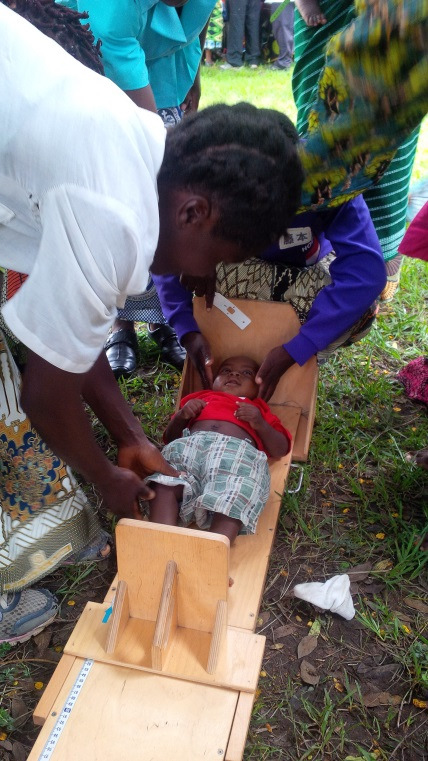Recently, I spent an afternoon in a room full of mothers. They were spending three days learning about nutrition so that they could volunteer as “lead mothers” to help other mothers and pregnant women in their village care for their children better.
In Malawi, where around 46 percent of children under age five are stunted, 21 percent are underweight, and four percent are emaciated, we need these volunteers to help identify when children are malnourished in their village and to help their families find better ways to care for their children. (Yes, you did read those statistics correctly—and they are shockingly appalling!)
After three days of training, these mothers go back to their village and lead cooking clubs for other mothers and teach them how to prepare more nutritious and diverse foods for their families.
World Renew knows that the first thousand days of a child’s life, from the moment of conception, is crucial to the health and development of the child.
Together with a government-appointed health professional, they will monitor the children under the age of five in their village to see if any of them are malnourished. They will visit pregnant women to ensure that they are eating from all the food groups and caring for themselves adequately. They will also encourage each mother to plant a vegetable garden around her house so that when she cannot afford to purchase food, she can eat from her garden.
World Renew knows that the first thousand days of a child’s life, from the moment of conception, is crucial to the health and development of the child. If the child is malnourished during that time, his or her physical and mental development can be hampered, and the results cannot be reversed.
As I stood in front of these women, I was both hopeful and pessimistic. I was hopeful because I believe in the power of mothers. I know these women can help their neighbors and reduce the number of children who are malnourished in their village.
Malawians are struggling. With the effects of El Nino, food is becoming scarcer. Forty-six percent of children under age five are already stunted. Let’s pray that this percentage does not increase.
But I was also pessimistic because I know how hard it is to get people to change behaviors. Can we get households to eat things they are not used to just because we told them it is “healthier” for them? Will households take the time to make compost so that they can improve the health of their soil and garden? Will families plant gardens of nutritious food even though it will take effort and they are already busy?
I worry that people will not come to our trainings, or that lead mothers will find it hard to find the time to visit with other mothers when there is so much other work already demanding their time.
Instead of adding more questions that will fuel my pessimism, I will choose to be hopeful and ask you to join me in prayer for these lead mothers.
May they be equipped for the work that God has called them to do, may they feel an overwhelming sense of joy as they care for others, and may God transform the villages we are working in.
Malawians are struggling. With the effects of El Nino, food is becoming scarcer. Forty-six percent of children under age five are already stunted. Let’s pray that this percentage does not increase.

